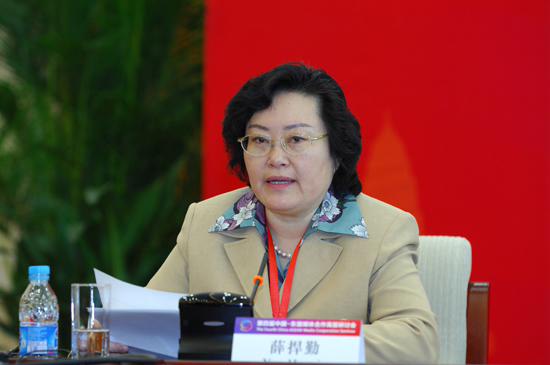Beijing: The 15-1 judgement of the ICJ in the Kulbhushan Jadhav case has definite political and diplomatic ramifications for Pakistan. The Chinese jurist and vice-president of the world court backed the majority judgement, signalling a setback for Islamabad in the high-profile verdict.
There was no immediate official reaction here about the judgement by the International Court of Justice (ICJ). However, Judge Xue Hanqin’s backing of the majority verdict, notwithstanding the all-weather China Pakistan ties, is being seen as a diplomatic victory for India.
The ICJ ruled Wednesday that Pakistan must make an ‘effective review and reconsideration’ of the conviction and death sentence of Indian national Jadhav and grant him consular access, in a victory for India in the high-profile case.
Besides being jurist, Xue, 64, served as senior official of the Chinese Foreign Ministry in various high level positions ever since she joined in 1980. Xue has studied law in Peking University and Columbia University School of Law.
She worked in a number of positions, including Deputy Director-General, Department of Treaty and Law, Director-General, Department of Treaty and Law. In bilateral relations, Xue was in charge of important negotiations such as negotiations between UK and China on legal matters relating to transfer of Hong Kong to China, and with the Portuguese Government in relation to Macau. She was also involved in the negotiations on property damage arising from the US bombing of the Chinese Embassy in Yugoslavia; negotiations on the delimitation of the maritime boundaries of territorial sea including the dispute between her country and Vietnam.
Pakistan’s ad hoc judge Tassaduq Hussain Jillani was the lone dissenter of the majority judgement on Jadhav’s case.
PTI
